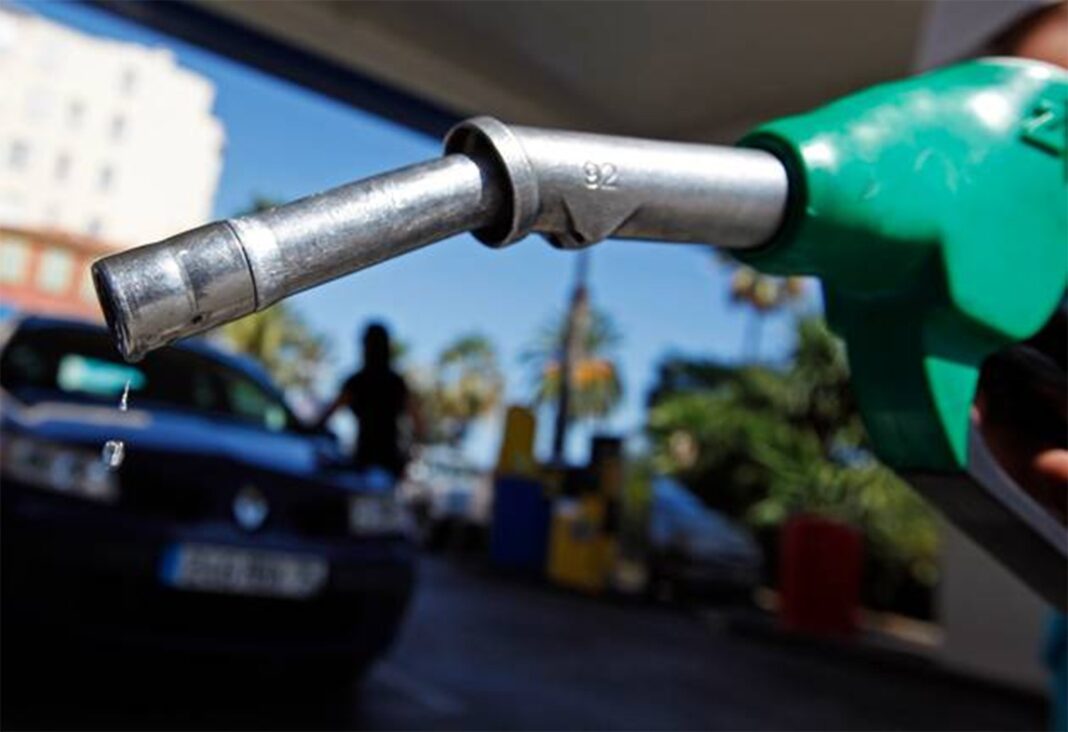By ‘Majirata Latela
Lesotho’s increasing fuel consumption in recent years has exposed the need for the country to increase its storage capacity as the country may face huge fuel shortage in the next seven days, it has been revealed.
According to the findings, it has emerged that the country should increase its fuel capacity to last for 60 days.
This was revealed by different speakers at a multi-sectoral hybrid webinar that was held in Maseru last week. It is during this meeting where different businesses showed how they were affected by surging fuel prices in recent months.
Speaking at the occasion, Standard Lesotho Bank’s manager ecosystems and business development’s Pali Matjeka said the average inflation rate for the first quarter of 2022 was at 7.43 percent and that is driven by energy and transport costs, with food prices somehow moderating the acceleration.
He said the inflationary pressures are expected to remain elevated in 2022 and record 6.2 percent with the key drivers being the current surge in prices which are caused by the supply and demand imbalances from the economic recovery and the supply shocks to energy and food due to Russia-Ukraine conflict.
Even with the influx of petrol fuel, Matjeka indicated that the economy is projected to grow by 3.9 percent in 2022 and average a 3.0 percent growth in the year 2023/24. He said the strong growth is mainly attributable to the construction industry, driven by Lesotho Highlands Water Project Phase II.
Moreover, he added, the performance in the textiles and clothing, mining and services industries is also expected to contribute positively to the overall economic growth.
At the briefing, the Afri Expo textile (Pty) Ltd’s managing director Teboho Kobeli said due to the ever-increasing fuel prices, the costs of delivering raw material from China to Lesotho has increased tremendously.
“When transporting raw materials from China to Lesotho, we used to pay M50 000 but due to very high fuel prices, we are now paying M200 000 for shipment and transportation. The price has not doubled but tripled making it difficult for businesses to survive.
“Businesses are currently very vulnerable due to the increasing costs of production. Workers are also at the risk of abandoning their jobs due to high transport costs of coming and going back home after work. Even though production costs are skyrocketing, we have not retrenched any of our workers due to the high demand of the goods we produce,” he said.
On the one hand, Letšeng Diamond mine communications and community relations officer, Lehlohonolo Chefa said the mines have experienced serious challenges as at some point costs became too high leading to cutting some of the expenses to manage the high prices of fuel.
He said in the mining industry, fuel is very essential for production; transportation and running some of the machines during production. He said without fuel the mining industry will have to cease operartions. He added that the mine has a fuel capacity that can last for a month to ensure continued operations.
Nevertheless, he said the mine has not reached a point where there is need for retrenchment. Chefa said the mine also continues to do risk analysis regularly which helps them to be able to manage the risks.
Mendi Group Southern Africa’s chief operating officer, Letele Khalikane unpacking the challenges of pricing of fuel in the industry showed that mechanisms in pricing are the current challenges in Lesotho. He said in Lesotho prices are to be regulated.
“The price regulation mechanism as it is currently being administrated is a concern and indeed a challenge to industry. The market in the region has evolved from that of refining majors to importers, while the pricing structure has lagged behind this evolutionary trend.
“Specifically, the bridging and distribution costs in the price build-up that have not been revised since 2018 also pose a challenge to the industry. The calculation of the import parity requires urgent revision as well,” he warned.
He said it is the responsibility of all those contributing in the economy to work together in order to address the shortcomings which are largely caused by under-recoveries specifically bridging “which is where fundamental problems are.”
Khalikana explained that to address the security of supply in Lesotho, there is need to build and manage 60 days strategic reserve facility for importing and supply of 51 percent of the fuel demand to the oil industry.
Among other challenges, he said apart from pricing and storage, Lesotho also needs to address the challenge in transportation of fuel to existing storage facilities down to the consumer. He said the fuel plants at the railway industrial area usually congested especially at peak times.
He added that there is also no space available to increase the distance between the plants unless the plants are re-located to larger premises. He warned that petroleum and fuel transportation in winter season is difficult due to Lesotho climatic conditions.









